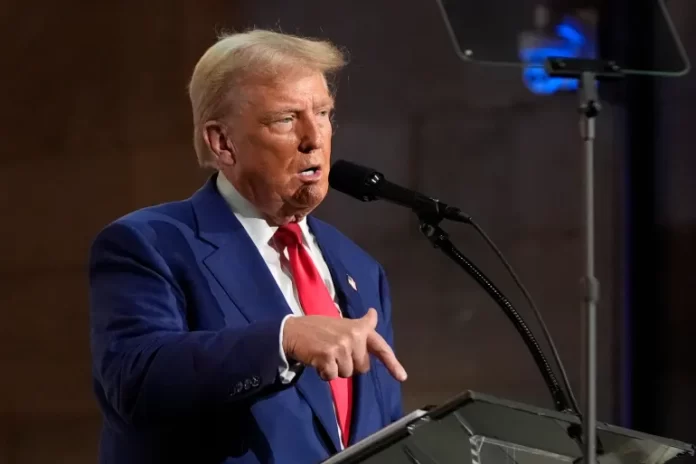U.S. universities have urged international students, including Nigerians, to return before President-elect Donald Trump’s inauguration on January 20, amid concerns about potential new travel restrictions.
Following Trump’s promises of a stricter immigration stance, many schools are advising students to resume their studies early after winter break. This is in anticipation of possible new travel bans after his swearing-in.
In the past, Trump’s first administration’s travel ban left many international students stranded abroad. His hardline immigration policies included bans on citizens from certain predominantly Muslim countries and the revocation of student visas for those deemed to be “radical anti-American and antisemitic.”
Trump’s appointment of Stephen Miller, known for his extreme immigration views, has further heightened concerns about restrictions on international students.
Cornell University’s Office of Global Learning recommended that students traveling abroad return by January 21. The university warned that a new travel ban is likely to be enforced shortly after the inauguration, potentially including citizens from countries like Nigeria, Kyrgyzstan, Sudan, Myanmar, and others targeted in the previous ban. New countries, such as China and India, might also be added.
The University of Southern California also advised its international students to return at least one week before the inauguration.
This advisory is particularly relevant for Nigerian students, as the U.S. is a top destination for Nigerian international students, with Nigeria being the largest source of students in Africa. According to a U.S. government report, Nigeria had 20,029 enrolled students in 2020.
The advisory coincides with an uptick in Nigerian students seeking U.S. education, especially as immigration policies in the UK become more restrictive. Additionally, a survey from June showed that Trump had the highest global confidence rating in Nigeria, with 63% of respondents expressing support.
Trump previously stated that he would grant automatic green cards to foreign students who graduate from U.S. universities, but his campaign also emphasized “aggressive vetting” to exclude those with extremist views or radical affiliations.



